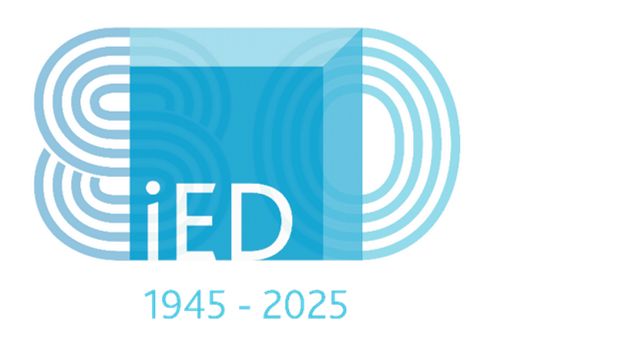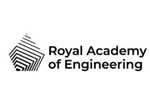Deadline: 4.00pm (GMT) Monday 31 January 2022
Engineering X’s Engineering Skills Where They are Most Needed Programme have launched a grant programme that aims to fund high impact, innovative projects. The programme will fund projects that develop domestic engineering capability to build, operate and maintain critical engineering infrastructures safely and/ or develop engineering capacity and skills needed most to adopt emerging technologies safely in countries in less developed, low, middle, or upper middle income countries that are ODA recipients (DAC list of 2021).
Grant expected outcomes and impact
The grant scheme will fund projects in countries where there is a clear need to improve capacity and capability for safe, innovative engineering that can make a distinctive difference, such as:
- skills and education interventions that will improve capacity and capability for safe and innovative engineering
- skill development that will reduce accidents, incidents and fatalities caused by unsafe engineering practices such as poor design, construction, inspection practices, operation, and maintenance of engineering infrastructures.
- projects that will contribute to safer working practices and more employable workforce including new graduates.
Grant objectives:
1. Supporting policy and partnerships which develop necessary skills at necessary scale to tackle existing or emerging engineering skills and safety challenges and take advantage of existing or emerging opportunities (e.g. Artificial intelligence, Industry 4.0, Smart agriculture, Solar energy, Additive manufacturing, Cyber security, etc)
2. Enhancing the quality of challenge-oriented educations in engineering institutions engineering universities, vocational/technical colleges, and apprenticeship providers, to tackle the existing or emerging engineering skills for safety chalenges and take advantage of existing or emerging opportunities to ehance safety. For example, health and safety training, curriculum upgrade of programmes etc.
3. Upskilling the capacity of the engineering and technician workforce, new engineering graduates, in order to enhance capability to leverage emerging technologies which will improve engineering safety practices that will lead to safer engineering infrastructures, for example health and safety training etc.
This programme will support ambitious, potentially disruptive projects and partnerships that leverage digital technologies to meet the above objectives, can evaluate and provide robust evidence of the project’s impact, and can ensure its long-term sustainability.
Grant funding framework
1. This grants scheme will provide funding between £50,000 and £80,000 to applicants to conduct activities in support of the programme objectives.
1.1 £50,000 projects: we will consider projects that need help to get started such as those developing prototype engineering education products that aim to enhance skills and improve safety of engineering infrastructures.
1.2 £80,000 projects: we will consider projects with greater scope that involve broader partnerships with industry, government, and regulatory and policy bodies, and that aim to make the most impact on skills for safety.
2. Matched resourcing (finance, in kind, other):
2.1 £80,000 projects: matched resourcing of up to 20% of the total project budget is necessary if applicants are applying for grants up to £80,000. For example, a £100,000 project would need £20,000 of matched support to attract an £80,000 grant.
2.2 not necessary but it is encouraged to demonstrate contribution and leveraged investment from applying partners.
Opportunity for recently graduated engineers: you may allocate between 5% and 10% of the grant to enhance the skills and employability of early-career engineers and new graduates. This could be internships (the Academy stands against unpaid internships) or other ways to engage graduates. We welcome other creative ideas that help achieve the programme’s outcome and impact.
Eligibility
Countries: less developed, low, middle, and upper middle income countries that are ODA recipients (DAC list of 2021) can apply.
Institutions: we welcome applications from universities, vocational/technical colleges, schools, professional engineering institutions, industry, and education providers from private and NGO sectors.
Partnerships: we encourage partnerships and coalitions with others in the broader environment, which may include organisations that demand skills (e.g., industry) or organisations who govern the skilling system, such as government bodies and agencies.
Diversity: The Academy is bound by the Equality Act 2010. The Academy is committed to diversity and welcomes applications from women and other groups who are currently underrepresented across engineering.
How to apply
All applications must be submitted via the online Grant Management System (GMS). The lead applicant or an authorised representative from the lead applicant institution must first register with the GMS and provide some basic log-in details to create a profile. Applications can only be submitted by the lead applicant. Please read the guidance notes before starting your application.
Contact and queries
If you have any questions, please contact Wahidullah Azizi, Programme Manager, Engineering X ‘Engineering Skills Where They are Most Needed’, at Wahidullah.azizi@raeng.org.uk.




Leave a Comment